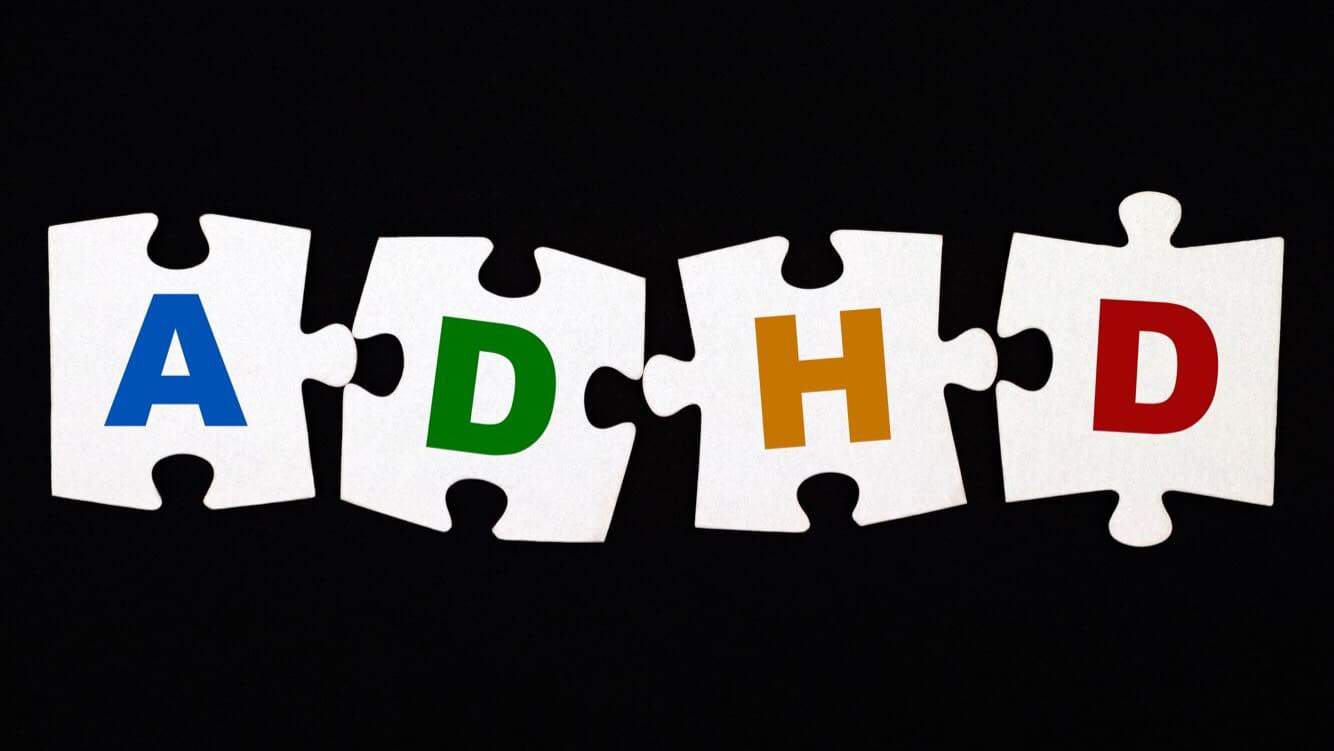Attention-deficit hyperactivity disorder, or ADHD, is one of the most common childhood neurodevelopmental disorders in the Western world. Neuropsychiatric disorder causes symptoms such as inattentiveness, impulsivity, hyperactivity, and disorganization. Children diagnosed with the condition may have conduct problems in the classroom, such as interrupting the teacher or getting up from their seats.
Nearly twice as many boys get diagnosed with ADHD as girls, with seven years old being the average age of diagnosis. Experts estimate that ADHD affects about 1 in 20 people under 18. Around two-thirds of people suffering from the disorder will display symptoms into adulthood. According to the National Institute of Mental Health, 4-5% of adults in the US have ADHD.
Doctors usually prescribe drugs such as Adderall or Ritalin to treat symptoms of ADHD. However, these medications often have unpleasant side effects like nausea, loss of appetite, fatigue, headaches, and stomach pain. Medication is necessary to manage symptoms effectively in some cases, but natural remedies and lifestyle changes can also help. We’ll go over a few common nutrients that can reduce symptoms of ADHD below.
Add These 8 Nutrients to Your Diet to Beat ADHD
1. Bacopa
People have been using this tropical plant, also known as water hyssop, to enhance cognition for centuries. An Indian study involving 31 children with a previous diagnosis of ADHD discovered that bacopa reduced symptoms in 85% of children. In addition, symptom scores for restlessness and self-control improved in 93% and 89% of children.
The plant improves memory and concentration by regulating dopamine in the brain, enhancing cognitive abilities. However, it usually takes about 8-12 weeks to notice any cognitive improvements. If you’re interested, talk with your doctor before trying it, as it can interact with certain medications.
2. Pycnogenol
Derived from French maritime pine tree bark, pycnogenol contains powerful antioxidants that can improve concentration and memory in both children and adults. A 2006 study on pycnogenol dramatically reduced hyperactivity in children who took a daily pine bark supplement for four weeks. However, it can cause side effects such as fatigue, nausea, or vertigo, so start with a small dose to see how your body reacts.
If you have an autoimmune disease, doctors advise you not to take this supplement because it enhances immune system function.
3. Ginkgo Biloba
Ginkgo biloba comes from the nut of a tree native to China. Because of its ability to boost memory and attention, some doctors prescribe it to reduce dementia and Alzheimer’s symptoms. It’s also effective in treating ADHD symptoms, according to a 2014 German study involving 20 children. The researchers administered 240mg of ginkgo to the children for 3-5 weeks and noticed significant improvements in their cognitive functioning. However, they say that more studies are necessary before concluding.
4. Ginseng
For centuries, people have been using ginseng in traditional Chinese medicine to treat cancer, immune diseases, and nervous system disorders. It’s also known for enhancing brain function, increasing energy, and improving concentration.
The “red ginseng” variety, in particular, can reduce symptoms of ADHD, as shown in a 2011 study involving 18 children. Researchers administered 1,000mg of ginseng to the children for eight weeks and noticed improvements in their anxiety, social performance, and behavioral issues.
5. B-Complex Vitamin
Deficiencies in B vitamins — mainly B6 — can cause imbalances in neurotransmitters such as GABA, dopamine, and serotonin. This can lead to worsening ADHD symptoms like fatigue, irritability, and restlessness. However, studies show that supplementing with Vitamin B6 can increase alertness and reduce hyperactivity. Taking a B-complex that includes other essential B vitamins enhances brain activity is best.
6. Iron
Iron plays a pivotal role in many fundamental processes in the brain, such as neurotransmitter and DNA synthesis, oxygen transportation, and myelin production. Therefore, iron deficiencies can result in cognitive decline, brain fog, and inattentiveness. A 2004 study found that 84% of children with ADHD had abnormally low iron levels compared to just 18% of neurotypical kids. Another study published in Pediatric Neurology, showed that ADHD symptoms improved when children took 80 mg of iron per day.
7. Magnesium
Magnesium is a mineral that also helps with neurotransmitter synthesis, particularly those involved with attention. A small 2016 study found that 72% of the children diagnosed with ADHD had magnesium deficiencies. They showed significant improvements in cognitive function when supplementing with magnesium for eight weeks.
Another study found that eight-week-old children with ADHD who took magnesium and Vitamin D supplements had improved emotional and social health. They also had fewer conduct problems in school. Since Vitamin D lowers brain inflammation and boosts mood, it’s a crucial nutrient in protecting the brain from neurodevelopmental and neurodegenerative disorders.
8. Zinc
Finally, zinc plays an essential role in regulating dopamine, which occurs at insufficient levels in people with ADHD. However, a 2004 study published in BMC Psychiatry found that adding zinc supplements to the meals of 44 children with ADHD significantly improved their symptoms when combined with their standard medication. In addition to accessories, foods high in zinc include nuts, meats, shellfish, legumes, seeds, dairy, eggs, whole grains, and dark chocolate.
Hopefully, adding these nutrients to your diet will help you manage ADHD symptoms more quickly. Of course, talk with your doctor first to determine the best course of action for treatment. Some people may still require pharmaceutical interventions combined with lifestyle changes to notice improvements.

Final Thoughts on Nutrients That Help ADHD
Studies show that nutrient deficiencies exacerbate ADHD symptoms, especially in young children. While pharmaceutical drugs can help treat the condition, they also have many side effects that sometimes counteract the benefits. Also, some people may notice improvements by altering lifestyle habits, such as diet and exercise.
Research shows that nutrients like zinc, iron, magnesium and B vitamins can improve ADHD symptoms. Also, supplements like Ginkgo Biloba, ginseng, bacopa, and pycnogenol have reduced hyperactivity and inattention. Before taking any supplements, discuss treatment plans with your doctor, especially if you’re taking medication.


















